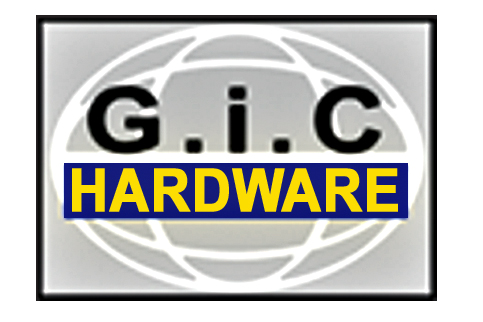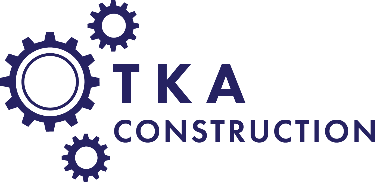A Property and Facilities executive responsible for the coordination of facilities and maintenance works plays a crucial role in ensuring the smooth operation and upkeep of buildings and infrastructure. Their key responsibilities typically include:
1. Maintenance Coordination: Oversee all aspects of facility maintenance, including scheduling and supervising routine maintenance and repairs. This may involve managing contractors, service providers, and in-house maintenance teams to ensure timely and cost-effective work.
2. Property Upkeep and Inspections: Conduct regular property inspections to assess conditions, identify maintenance needs, and ensure facilities comply with safety and regulatory standards. Recommend and implement improvements or refurbishments as necessary.
3. Budgeting and Cost Control: Prepare and manage budgets for facility operations and maintenance activities. This includes monitoring expenses, negotiating contracts with service providers, and ensuring cost-effective solutions are employed.
4. Tenant Liaison and Communication: Serve as the primary point of contact for tenants, addressing concerns related to maintenance issues, safety protocols, and facilities services. This role involves regular communication regarding tenancy agreements, renewals, and addressing feedback on facility-related matters.
5. Health, Safety, and Environmental Compliance: Ensure that all properties comply with health and safety regulations, as well as environmental standards. Develop and implement safety procedures and emergency plans, and coordinate responses in case of emergencies.
6. Vendor and Contractor Management: Manage relationships with third-party vendors and contractors, including negotiating contracts, overseeing performance, and ensuring compliance with contractual obligations.
7. Facility Upgrades and Capital Projects: Plan and oversee capital projects for facility upgrades or large-scale maintenance initiatives, including renovations or infrastructure improvements. Ensure that projects are completed on time, within budget, and meet the required standards.
9. Sustainability Initiatives: Lead sustainability efforts for properties, such as energy efficiency upgrades, waste reduction strategies, and the adoption of green building practices.
10. Reporting and Documentation: Maintain comprehensive records of maintenance activities, tenancy agreements, budgeting reports, and compliance documents. Provide regular reports to property owners or senior management on the status of facilities and ongoing projects.
In this role, the candidate needs strong communication skills, a working knowledge of building systems, and the ability to balance the needs of tenants with operational goals and cost management.
















